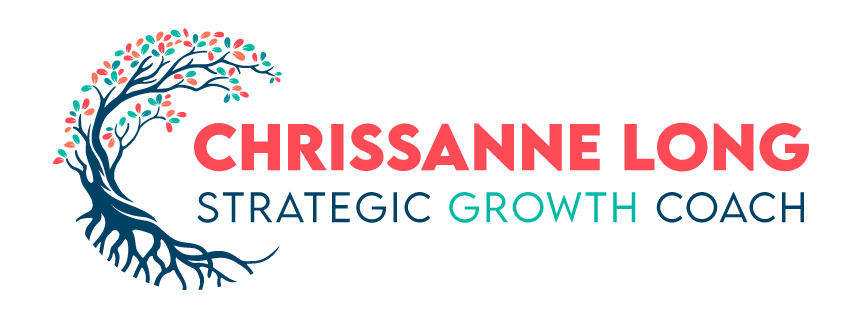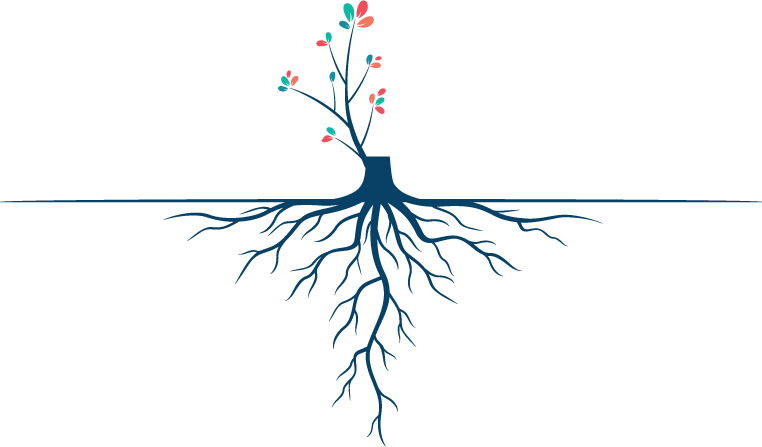When speaking to groups, I often ask the question: “How many of you have more than one Facebook account?” There are always several people who nod, affirming that they indeed have created two (or more) accounts to represent themselves on Facebook. Whenever I ask the question, “Why?” I am most often given a response that indicates there is some concern for privacy, and a desire to separate their “business persona,” from their “private” lives.
This might be necessary for some people, and this post is not intended to place judgment on those who have a valid reason for separating their accounts. I believe, in some cases, this separation might make sense. An example would be college professors, teachers and others in education who must keep a distance from their educational contacts, but in the interests of connecting, while they are in classes with their students, for example, they have a need to connect with their students and engage as “friends.”
There are certainly going to be other exceptions, but I believe, for the most part, creating a single account, and managing the privacy settings as appropriate is the best way to build a legitimate business network.
Here are 8 reasons creating multiple accounts on Facebook could be more damaging than helpful for your professional networking efforts.
1. Once you have friends with your “private” account, you’ve created a “breach” in your privacy. You can remove your account from being discoverable in regular Facebook searches, and you can prevent it from being discovered by search engines, but as soon as you engage with your private connections (like, comment, tag photos, etc) you run the risk of “friends in common” seeing that you have a separate, “private” account. In most local communities, there will likely be overlap and this will immediately be noticed by those you have been deemed only “public” friends, and, thereby indicating that they are not your “real” friends. Whatever that means to the individual, it’s likely not going to support your desire to build the KLT (Know, Like, Trust) Factor, but it’s also going to create a shred of doubt about the authenticity of your relationship.
The reality is, once you have embraced social media for business purposes, the definition of “friend” is used a bit more loosely. There are still those who use Facebook strictly for their “real” friends. Ultimately, everyone is in control of who they accept into their network and that will depend on what each individual wants to accomplish with their social networking efforts. . My warning to those considering segmenting themselves in this way is, unless you’ve explained to your connections why you have placed them in one account or the other, many people will wonder about it and you cannot control how this will effect the way they interact with you.
2. If your content for your “business” account is all business, people will hide you (or delete you). No matter what you think about Social Media, the connections you are making are being made with real people. If you think you can sell to your social network, and not share anything about your regular life you are sadly mistaken. You’ll be better off paying for ads in magazines, buying a billboard, getting some radio commercials or sending out mailers. When a one-way broadcast is all you have in mind for your “business” persona in a social network, you’re going to diminish the value people place on you as a member of their network. It’s a two-way street.
3. It’s against Facebook’s Terms of Use! I am pretty sure this is not going to be a huge deterrent for most people, but if you are looking beyond the moment, you might want to consider the fact that you are investing time and energy in building a network. If your violation is ever discovered by Facebook, you run the risk of having all of your content removed.
4. Managing two accounts is not efficient. Let’s be realistic here. No matter what your intentions for creating the second account, it’s going to take double the work to be effective. Logging in and out of accounts (on all of your devices, browsers, etc.) is tedious. It’s easy to forget which account is logged in and this leaves an opportunity to post the wrong thing from the wrong account. With so much room for error, it would be easy to get into a predicament that would be awkward to explain. You might decide to use a social media management tool like Hoot Suite, or Buffer, to toggle between your accounts, but you’ll have to commit to learning how best to use those tools in order to be effective. In addition to the risk of posting to the wrong account, there is also the risk of confusing yourself when having conversations with others. People like to know they matter, and when you cannot keep details straight, they might begin to think they don’t… and, if you are separating yourself from them, do they?
5. Facebook allows you to manage business “Pages” from your personal account. When you create a page, you can still log in to your personal account and manage the page (without anyone being aware that you “own” the page). You don’t need to worry about separate log in credentials, or being logged into the wrong account. Facebook makes it easy to navigate between your personal account and your business page. Posts to pages are always public, therefore the content can be indexed and picked up by search engines, and the content can reach a broader audience than just your approved “friends.” I think people forget the importance of content and think that people connected on social networks are looking to be advertised to. I have never had someone tell me they appreciated constant blasts of promotion/advertising in their News Feed. When content is interesting, informative and conversational, it has more of a chance of being engaging and that is when people begin to listen.
6. Creating “lists” can help you separate your connections and control which contact sees what. Before I go any further, I want to mention that no matter how “private” you think your content is, your content is public. The most important statement that can be made about privacy is, if you don’t want your boss, client, prospect, mother, or teacher to see your content, don’t post it – anywhere. Sure, you can block someone from seeing a particular post, but it can be captured with a screen shot, or the photo can be downloaded and then it’s just a matter of where it might end up. It’s like putting all of the feathers back in a Down pillow! Here’s an example of what could happen when someone takes a screen shot of your content – Ex-Facebook Employees Katherine Losse, Brandee Barker Exchange Pleasantries
Now, with all that being said, Facebook allows you to segment your friends into lists and create a privacy setting for each individual list. I recommend doing this sooner, rather than later, if you are going to do it, because once you have hundreds of friends, it is going to be difficult to place everyone accurately. Every time you post, you can use the audience selector to determine who will be able to see your post, giving you complete control of your privacy.
7. Make it possible for people to “follow” you. Many people don’t realize that there is a Facebook setting that will allow people to subscribe to your public updates. Whenever someone requests your friendship, while they are waiting in your queue, they will become followers. As soon as you approve their request, they move from “follower” to friend. If you do not accept their request, they will remain “followers.” This can provide a nice option for networking and for those of you who want to provide some accessibility to people you know professionally, but still maintain a distinction between a friend who can see most of your personal details, and someone who you just want to see your public updates.
8. Real relationships lead to real results. The nature of these connections being online vs in person 100% of the time, serves as an enhancement to the process. The fact that people can learn about you, what you do, how you share information, and how you engage with your connections, enables you to open your business up for opportunities that you wouldn’t otherwise have. If you are authentic, and genuine in your posts, if you are generous with your interactions, and if you work to support others in your community, you will reap great returns on your investment. With Facebook, you are not restricted to one organization. You can network with everyone, near and far. You can connect with groups, support your friends, meet new people and build a solid network and referral source like nothing you’ve ever seen before. Once people know about the services you provide and you have proven you offer quality services and products, you’ll find yourself being tagged into conversations in which people are seeking your service/products simply because you are connected!
In my experience, those who build authentic relationships and invest in the people they meet, receive immeasurable returns. As long as you are committed to engaging authentically in an effort to build a network of professionals you know, like and trust, your social media strategy will benefit you for years to come, and the relationships you build will stay with you as long as you continue to nurture them through your authentic posts. Please feel free to share your thoughts. Keep the conversation going.





